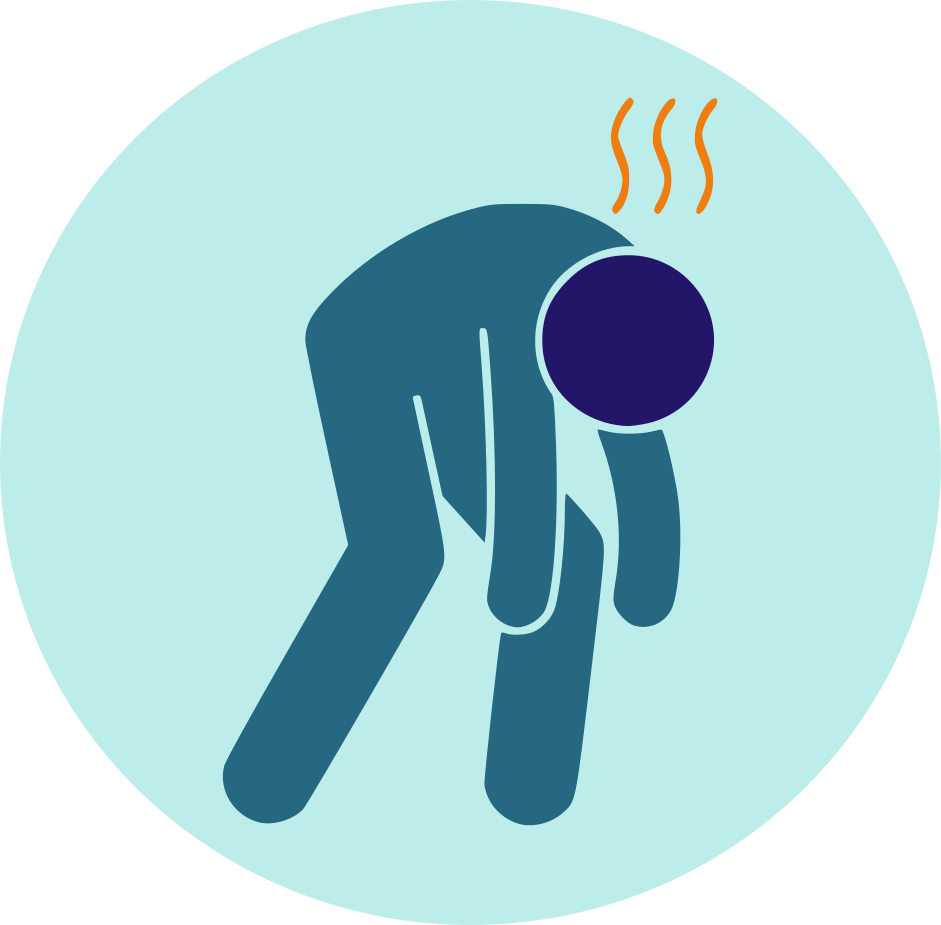| Name | Clonidine Hydrochloride |
| Classes |
Cardiovascular Agent Antihypertensive Centrally Acting Alpha Agonist |
| Diseases |
ADHD CNS Disorder Hypertension (High Blood Pressure) Migraine Withdrawal Syndrome |
Clonidine Hydrochloride
Clonidine hydrochloride is a centrally acting alpha-agonist hypotensive agent that lowers blood pressure by stimulating alpha-adrenergic receptors in the brainstem. Clonidine hydrochloride is a prescription medication that is available in both oral and transdermal formulations.
- Oral clonidine hydrochloride is indicated for the treatment of hypertension.
- Transdermal clonidine hydrochloride is indicated for the treatment of hypertension and for the management of symptoms associated with opioid withdrawal.
- Clonidine is also indicated in adjunct with other stimulants to treat attention deficit hyperactivity disorder.
- The dosage of clonidine hydrochloride depends on the individual's medical condition, response to treatment, and age.
- Oral clonidine hydrochloride is usually initiated at a low dose of 0.1 mg twice daily, with a maximum recommended dose of 2.4 mg per day.
- Transdermal clonidine hydrochloride patches are available in various strengths, and the appropriate strength and dosing regimen should be determined by the prescribing healthcare provider.
- Clonidine hydrochloride should be taken as directed by the healthcare provider and should not be discontinued without consulting the healthcare provider.
- Clonidine hydrochloride should be used with caution in patients with a history of depression, suicidal ideation, or kidney or liver disease.
- Clonidine hydrochloride may cause drowsiness or dizziness, and patients should avoid driving or operating heavy machinery until they know how the medication affects them.
- Abrupt discontinuation of clonidine hydrochloride may lead to rebound hypertension and should be avoided.
- Patients with a history of heart disease or stroke should be monitored closely while taking clonidine hydrochloride, as the medication can lower blood pressure and heart rate.
- Clonidine hydrochloride should not be used during pregnancy or while breastfeeding unless the benefits outweigh the potential risks.
Contraindication
Clonidine hydrochloride is contraindicated in patients with a known hypersensitivity to the drug or any of its components.
None known.
None known.
 Bangla
Bangla English
English





